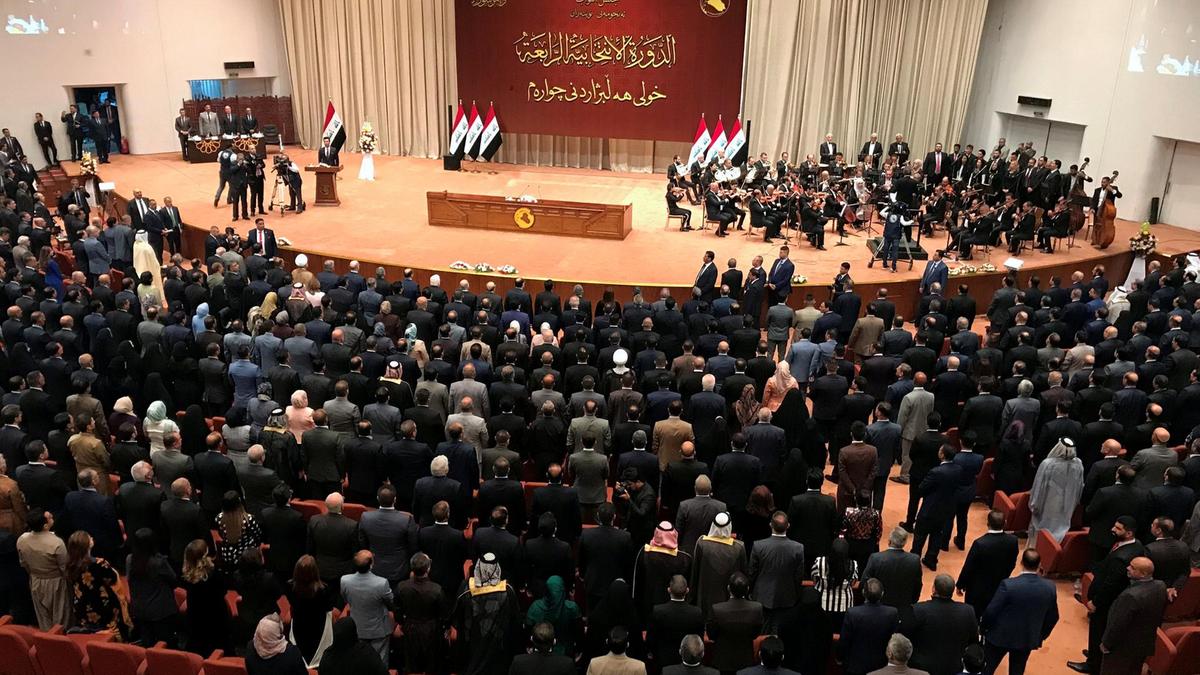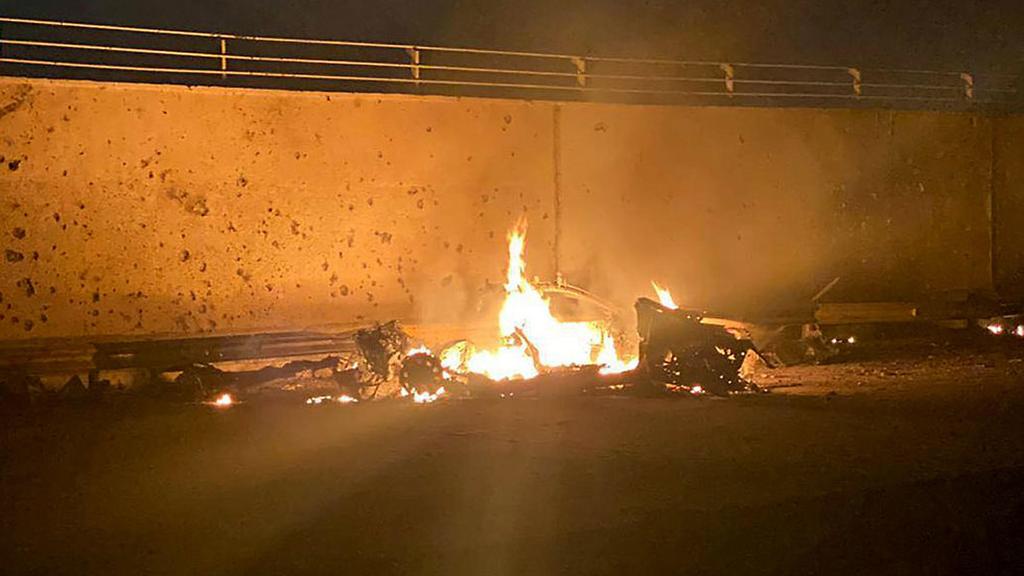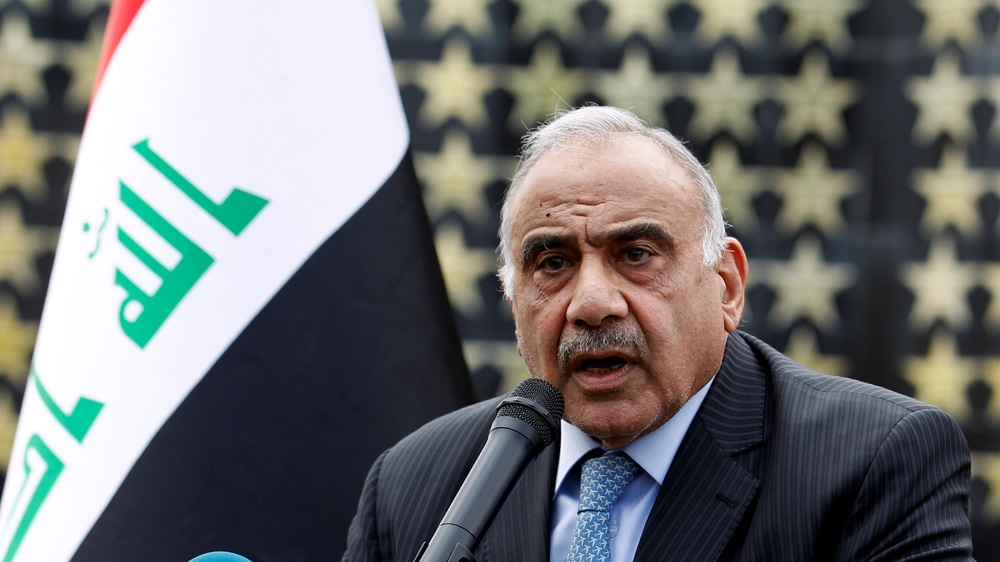Getting your Trinity Audio player ready...
Iraq's Parliament called for the expulsion of U.S. troops from the country Sunday in reaction to the American drone attack that killed a top Iranian general, raising the prospect of a withdrawal that could allow a resurgence by Islamic State extremists.
Lawmakers approved a resolution asking the Iraqi government to end the agreement under which Washington sent forces more than four years ago to help in the fight against ISIS. "The government commits to revoke its request for assistance from the international coalition fighting Islamic State due to the end of military operations in Iraq and the achievement of victory," the resolution read.
The bill is subject to approval by the Iraqi government. Even then, canceling the U.S.-Iraq agreement requires giving the Americans a one-year notice for withdrawal.
But the vote was another sign of the blowback from the U.S. airstrike Friday that killed Iranian Gen. Qassem Soleimani and a number of top Iraqi officials at the Baghdad airport. The attack has dramatically escalated regional tensions and raised fears of outright war.
Amid Iran's threats of vengeance, the U.S.-led military coalition in Iraq announced Sunday it is putting the fight against Islamic State militants on hold to focus on protecting its troops and bases. The coalition said it is suspending the training of Iraqi forces and other operations in support of the battle against ISIS.
A pullout of the estimated 5,200 U.S. troops could cripple the fight against ISIS and allow it to make a comeback. It could also enable Iran to deepen its influence in Iraq.
The majority of about 180 legislators present in Parliament voted in favor of the resolution. It was backed by most Shiite members of parliament, who hold a majority of seats. Many Sunni and Kurdish legislators did not show up for the session, apparently because they oppose abolishing the deal
"The government should work on ending the presence of all foreign forces," Parliament Speaker Mohamed a-Halbousi said after the vote.
Iraqi officials have decried the killing of the general a violation of Iraqi sovereignty.
"The killing of Soleimani was a political assassination," outgoing Prime Minister Adel Abdul-Mahdi told Parliament, adding that the Iranian general was scheduled to meet him the next morning about relations with Saudi Arabia.




